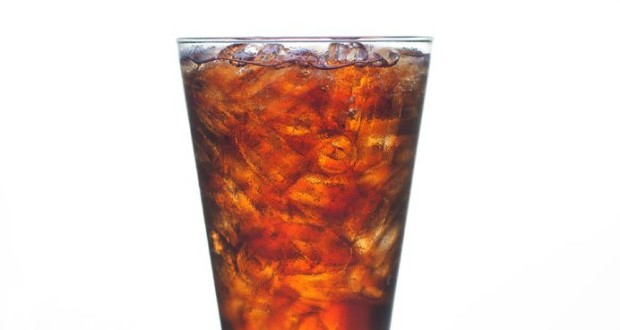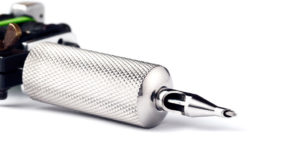On the surface, it would seem that diet sodas offer an excellent alternative to regular soft drinks. In short, the “diet” label usually means that the soda contains no calories or sugar. These facts make diet soda a very appealing choice to many consumers.
Unfortunately, there is good reason to be wary of diet sodas, as research has found that diet sodas are little better than their sugar and calorie-packed counterparts. Before you pick up that six-pack of diet soda off the supermarket shelf, you may want to take a look at its possible drawbacks.
Deteriorating Kidney Performance – Your kidneys play an irreplaceable role in your body, serving to remove wastes from the bloodstream by creating urine. The body simply could not survive without having this waste-removal option at its disposal. Given this fact, it should be troubling to learn that diet soda may have an adverse effect on kidney health.
Such was the finding of an 11-year study by the prestigious Harvard Medical School, which monitored the diet soda consumption of more than 3,000 adult women. Those that drank over two diet sodas each day doubled their risk of kidney decline. Since diet sodas do not generally have sugar or calories, the study speculated that artificial sweeteners may be to blame.
Obesity – You might be wondering how obesity could have anything to do with diet soda. One of diet soda’s main calling cards, of course, is its total lack of calories. Despite this trait, calorie-free soda may actually expand the size of your waistline. A 2011 study, produced by the University of Texas Health Science Center at San Antonio, found that drinking two or more daily sodas lead to a 500% increase in waistline size.
Once again, the reason for this connection may have to do with the ingredients used to give diet soda its taste. In a separate study, researchers from Purdue University theorized that sugar-substitutes wind up tricking the body into thinking that they are actually sugar. In turn, this revs up your appetite, as the body begins to crave additional sugar from various foods.
Dental Problems – You’ll have to look far and wide to find someone who actually likes going to the dentist. If you want to avoid additional dental appointments, it would probably be best to shy away from diet soda (and soda in general for that matter). With a pH rating of 3.2, diet soda has a very acidic nature, meaning that it is a highly corrosive to teeth.
In fact, a 2013 report found that excessive diet soda consumption could be as damaging to teeth as crack cocaine and methamphetamine. This study drew this conclusion after a observing a heavy-soda drinker over a three to five year period (the subject drank two liters of diet soda per day). The journal Academy of General Dentistry included this research in its March/April 2013 issue.
A Greater Risk of Depression – Some people may turn to their favorite diet soda as a sort of emotional pick-me-up. Habitually drinking too much diet soda, however, may actually have the opposite effect. The National Institutes of Health (NIH) spent a fair amount of resources examining the connection between diet soda and mood, enlisting 250,000 volunteers for a long-term study. Compared with those who didn’t drink soda, the NIH researchers found that people who drank four or more sodas a day had a 30 percent greater risk of depression. Furthermore, the report noted that this relationship was even more pronounced with diet soda.
Weaker Bones – A major concern for millions of older adults is osteoporosis, a condition in which bones become thin and brittle, rendering them vulnerable to fracture. As it turns out, milk may not be the only beverage that can leave its imprint on your skeleton. A 2006 study by Tufts University, which monitored 1,413 female participants, reported that drinking three or more colas per week lead to weaker bones. This finding was true for both diet and regular colas. Curiously enough, non-cola sodas did not have a negative impact on bone health.
Bad for the Heart? – You could make a strong case that no organ receives more attention than the heart. Heart disease was the top killer of Americans in 2010, and millions more must regularly deal with its effects. In addition to avoiding fattening foods, people worried about heart problems might also want to consider giving up soda. In a collaborative study authored by Columbia University and University of Miami faculty, drinking diet soda on a regular basis increased the risk of a “vascular event” by 43 percent. The study used the term “vascular event” to refer to heart attack, strokes and other problems involving blood vessels.
 Natural Knowledge 24/7 Educate yourself with nutrition, health and fitness knowledge.
Natural Knowledge 24/7 Educate yourself with nutrition, health and fitness knowledge.






